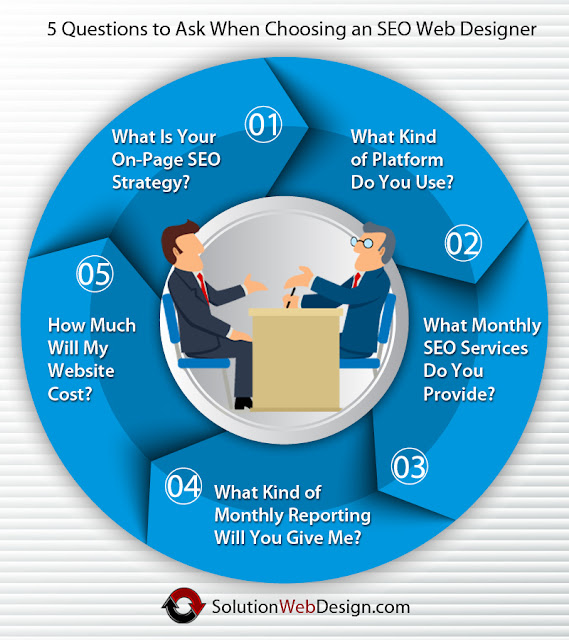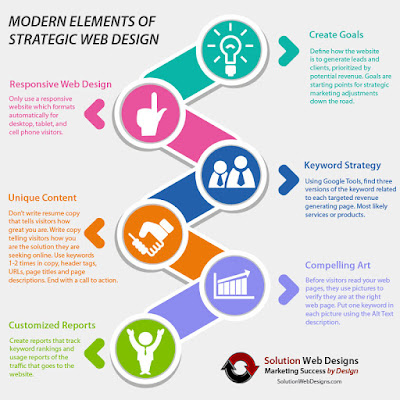When To Supplement Your Online Marketing with Pay Per Click
As a small business, you may experience or have experienced times when your product or service didn't quite yield the turnover you planned for, which can ultimately affect your bottom line. However, simply supplementing your business with Pay-Per-Click advertising during slow periods can help sustain your income and keep your business thriving. In fact, just utilizing Pay-Per-Click seasonally or other times of the year when you forecast your revenues are likely to take a dip can help improve your profits, maintain your objectives, and keep your business well on track.
What is Pay-Per-Click and why Your Small Business Should Consider Advertising It
Pay-Per-Click (PPC) is a program that enables you to utilize search engine advertising to gain clicks to your website that you may otherwise have not been able to achieve naturally.
It operates by searching for and pinpointing articles in a collection of data that relate to specific characters or keywords keyed in by the visitor and is especially useful for returning certain sites on the internet.
As an advertiser, each time a visitor makes use of your advertisement, they are directed to your site during which time you pay the search engine a payment for the click. However, provided you have an effective PPC campaign in place, the traffic that you gain from the service will be more valuable to your business than the cost you pay for the clicks.
Pay-Per-Click provides various benefits, including markets services and products that are specific to the searcher's needs. When you think about it, searchers utilize search engines to locate services and products, which in turn lists results that are closely related to their search. So, by offering PPC on your site, you are essentially saving your visitors one less step in the search process.
It also provides advertisers another way to get their offerings in view of audiences that are specifically searching for their products. Advertisers are then able to use the search engine results to evaluate the quality of traffic and adapt their campaigns accordingly.
In a nutshell, PPC allows search engines to cater to both advertisers and searchers by providing searchers with highly targeted, relevant results and advertisers with a method to earn additional revenue, so everybody benefits.
What are some Pay-Per-Click Sources, and how do they Differ?
There are three major Pay-Per-Click sources, which include Google, Yahoo, and Bing.
Google AdWords is by far the most common PPC marketing program. It works on a pay-per-click basis where users bid on keywords and then pay a small fee each time a visitor clicks on their ads.
Each time a search is conducted, Google selects a list of winners according to various factors, including their quality score, which is based on the relevance, click through rate, and quality of their landing page. The quality score impacts the actual fee per click; therefore, it enables winning advertisers to reach prospective customers at a price that is suitable to their budget. Google also offers Google AdSense, which is a program that allows you to place advertisements on your business's site and possibly earn additional earnings from Google.
Yahoo, on the other hand, which is powered by the Bing network and has since been renamed the Yahoo Bing Network under their collaboration, uses a comparable auction scheme as Google AdWords and also enables you to manage how much you spend on campaign budgeting. However, it also allows you to import details concerning your Google AdWords campaign via your Yahoo Bing account so that you can use both campaigns interchangeably. Yahoo's advertising solutions also include an evaluation of your website traffic, audience, mobile search options, and more.
Ultimately, the difference between PPC advertising programs is the audience they reach and the services they offer.
Why You Should Consider Having an Experienced Agency do the Work Instead of Doing it on Your Own
As stated previously, the key to a successful Pay-Per-Click campaign is to create an easy flowing program that is well designed and motivates visitors to click on your ad, which can be difficult to do without the proper knowledge and experience of the best practices of PPC campaigns.
Furthermore, since the entire PPC program is focused on keywords, which most successful Pay-Per-Click agencies arrive at by use of various tools that also help save time, you could be missing out on valuable low-cost keywords as well as traffic without the proper research. Search engines, such as Google, reward relevant keywords; therefore, the more relevant the ads, the greater your click-through rates and the lower your costs.
By enlisting a highly experienced Pay Per Click Agency, it can help ensure your Pay-Per-Click campaign is most effective and returns a profit.
About the Author
Craig Corbel is the Vice President of Marketing at Solution Web Designs, a leading SEO, online marketing agency, and Long Island Website Designers serving small and mid-sized companies nationwide.




Comments
Post a Comment